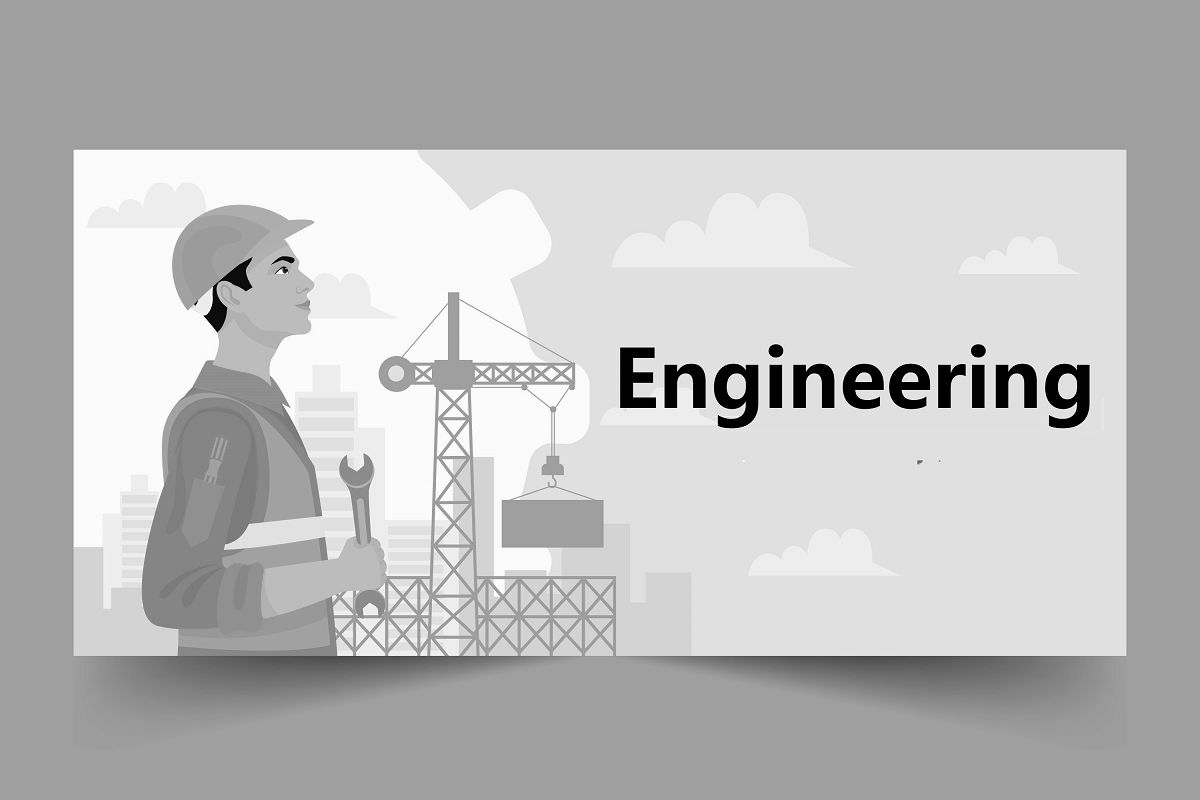
Nuclear Engineering is a field that has been attracting a growing number of students and professionals in recent years, thanks to its critical role in the energy sector and its potential to make a significant impact on society and the environment. This article aims to provide an in-depth overview of Nuclear Engineering, covering its definition, history, education and skills requirements, career prospects, advancements, and future trends.
Definition and History of Nuclear Engineering:
Nuclear Engineering is defined as the branch of engineering that deals with the design, construction, and operation of nuclear power plants, and the safe disposal of radioactive waste. It is a relatively new field that emerged in the mid-20th century, following the discovery of nuclear energy and its potential as a source of energy.
Since then, Nuclear Engineering has become a crucial field in the energy sector, providing a reliable and clean energy source for homes, businesses, and industry. Nuclear Engineers work on a variety of tasks, from designing and building nuclear reactors to ensuring the safe disposal of nuclear waste and conducting research into new technologies and advancements in the field.
Overview of the Nuclear Energy sector and the role of Nuclear Engineers:
The global Nuclear Energy sector is one of the fastest-growing energy sectors, with an expected CAGR of over 3% from 2020 to 2027. The role of Nuclear Engineers in this sector is critical, as they are responsible for designing, building, and operating safe, reliable, and efficient nuclear power plants. They also play a crucial role in ensuring the safe disposal of nuclear waste, and conducting research into new technologies and advancements in the field.
Education and skills required to become a Nuclear Engineer:
Becoming a Nuclear Engineer requires a strong educational background in science and engineering, as well as specialized training in the field of Nuclear Engineering. A Bachelor's degree in Nuclear Engineering or a related field is typically the minimum requirement, while advanced degrees in Nuclear Engineering or related fields, such as physics or electrical engineering, can provide a competitive advantage in the job market.
In addition to education, Nuclear Engineers must possess a range of technical and interpersonal skills, including critical thinking and problem-solving skills, excellent communication skills, and an ability to work well in a team environment. They must also be knowledgeable about nuclear physics, nuclear power plant design, and radioactivity.
Career prospects and job opportunities in Nuclear Engineering:
The demand for Nuclear Engineers is expected to grow in the coming years, driven by the increasing demand for clean energy sources and the continued development of the Nuclear Energy sector. Nuclear Engineers can work in a variety of settings, including government agencies, energy companies, research institutions, and engineering consulting firms. They can also work in the design, construction, and operation of nuclear power plants, and in the safe disposal of nuclear waste.
Advancements and challenges in the field of Nuclear Engineering:
The field of Nuclear Engineering is constantly evolving,
and new advancements are being made to improve the safety, efficiency, and sustainability of nuclear power plants. For example, researchers are working on the development of Small Modular Reactors (SMRs), which offer several benefits compared to traditional large-scale nuclear power plants. SMRs are designed to be much smaller, with a lower output of electricity, and are easier to maintain and operate. Additionally, SMRs can be manufactured in a factory and transported to the site, making them easier to deploy in remote locations.
Another area of advancement in Nuclear Engineering is the development of advanced fuel cycle technologies. This includes the development of more advanced nuclear fuel types and the use of advanced reprocessing methods to extract valuable materials from spent nuclear fuel. These advancements have the potential to significantly improve the efficiency and sustainability of nuclear power plants, while also reducing the amount of radioactive waste generated.
Challenges in the field of Nuclear Engineering include the high cost of building and operating nuclear power plants, as well as the perception of nuclear energy as being unsafe. The 2011 Fukushima Daiichi nuclear disaster in Japan serves as a reminder of the importance of safety measures in Nuclear Engineering. This disaster led to a renewed focus on safety, and the development of new safety measures and technologies to improve the safety of nuclear power plants.
Despite these challenges, the demand for clean energy sources is driving the growth of the Nuclear Energy sector, and Nuclear Engineering is expected to continue to play a critical role in meeting the world's energy needs. According to a recent report, the global Nuclear Energy sector is expected to grow at a compound annual growth rate (CAGR) of over 3% from 2020 to 2027.
The impact of Nuclear Engineering on society and the environment is significant. On the one hand, nuclear energy provides a clean and reliable source of electricity, helping to reduce greenhouse gas emissions and mitigate the effects of climate change. On the other hand, the disposal of radioactive waste and the potential for nuclear accidents pose significant environmental and safety risks. It is the responsibility of Nuclear Engineers to ensure that the benefits of nuclear energy are realized while minimizing these risks.
Conclusion
In conclusion, Nuclear Engineering is a field that offers exciting and challenging career prospects for aspiring engineers. With the growing demand for clean energy sources, the role of Nuclear Engineers in designing, constructing, and operating safe and efficient nuclear power plants is more important than ever. To become a Nuclear Engineer, one must have a strong background in mathematics and science, as well as an understanding of nuclear physics and radioactivity. With the right education and training, individuals can pursue a rewarding and fulfilling career in this field, making a significant impact on society and the environment.
Engineering Topics



